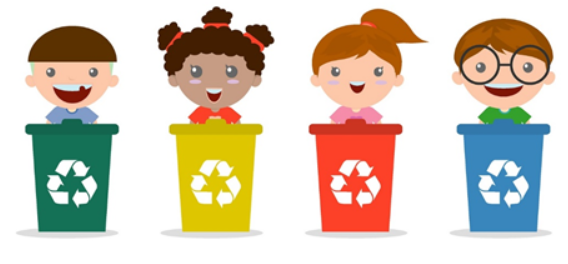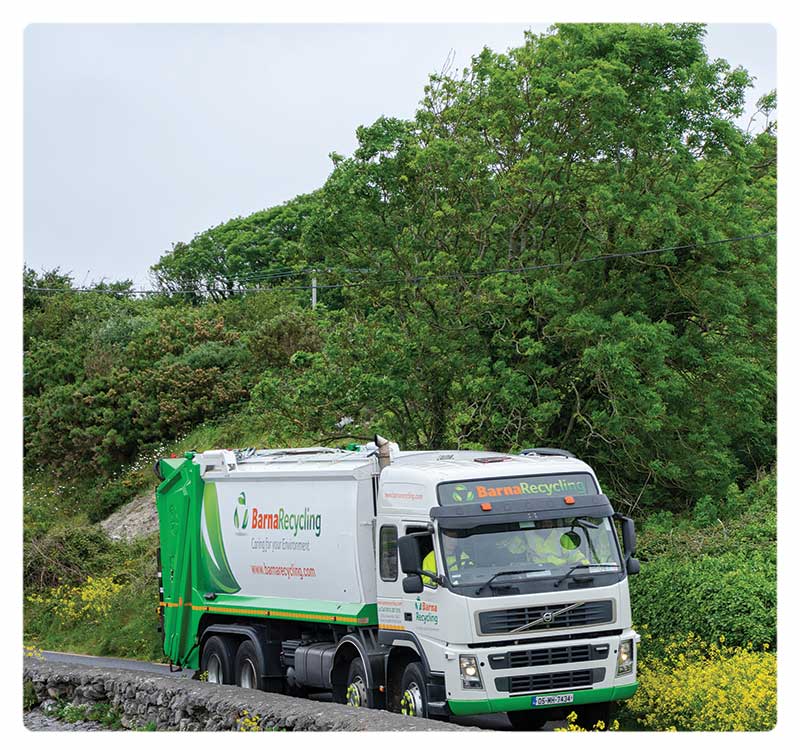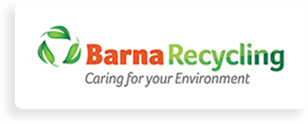- Barna Recycling
- Nov 15, 2016
Seven Super Ways to Recycle at School

Teachers, we salute you! We are regularly contacted by primary school teachers throughout Connacht enquiring about clever and novel ways to help encourage school children to recycle. We’ve put together a few ideas to inspire primary school pupils to get involved in recycling. These ideas utilise waste items your class generates every day. Involving children in recycling from an early age teaches them lifelong skills!
1. Upcycle plastic containers
with creative designs using recycled materials. They can create everything from jewellery boxes to flower pots to recycled pencil holders. The best design wins! Better still encourage the kids to take their creations home and start upcycling creatively with the family.
2. Decorate your recycling bins
The more primary school pupils are involved in the recycling process, the more excited they’ll be about it. Get the class to decorate the bins. Although it might get messy, pull out all the stops with paint, glitter, and glue!
3. Make your own play dough!
This one is an oldie but a goodie. All you need is water, oil, salt, flour, some food colouring and hey presto! This stuff lasts longer than store-bought dough, and can be used again and again. We like the Imagination Tree’s easy recipe and step-by-step guide.
4. Make signs to display around the school.
Have the class create signs to encourage their friends to be mindful of waste and recycling. The signs could remind children on the playground which bin is which, what is recyclable and what isn’t. This will help to create a conversation around the importance of recycling at school and at home.
5. Plant a tree
Why not try this nifty idea out? Allow the class to plant a tree at school and bring the seeds home. This is a very enjoyable task where the children will see how trees are planted, cared for and grow. Planting a tree creates memories for life! Those trees will still be there long after schooldays are finished.
6. Keep lunch time eco friendly
Encourage the class to bring lunches in reusable snack boxes. Juices should be decanted into leak-proof containers which eliminates plastic bottles and cartons going in the bin. Reducing food packaging helps the environment and cuts waste production. Choose healthy snacks that do not come in excessive packaging such as foil wrapped sandwiches and cling film wrapped fruit. If you have access to an outdoor area, compost fruit and vegetable left-overs with the children. This is a great way to illustrate the cycle our food goes through before it reaches the plate!
7. Never let the water run!
Washing little hands is important! Singing the alphabet or a nursery rhyme is a good indicator for children to know how long they should spend lathering up. It is however important to highlight the importance of water conservation. Teach children to reduce water wastage by turning off the tap when they are finished with it.
Were these tips helpful? Do you have any suggestions on encouraging school children to recycle? Let us know if you used any of these tips, email info@barnarecycling.com We would love to hear from you.
Get in touch with us at (091) 771 619, a one-stop-shop for all your school and household waste management needs.





